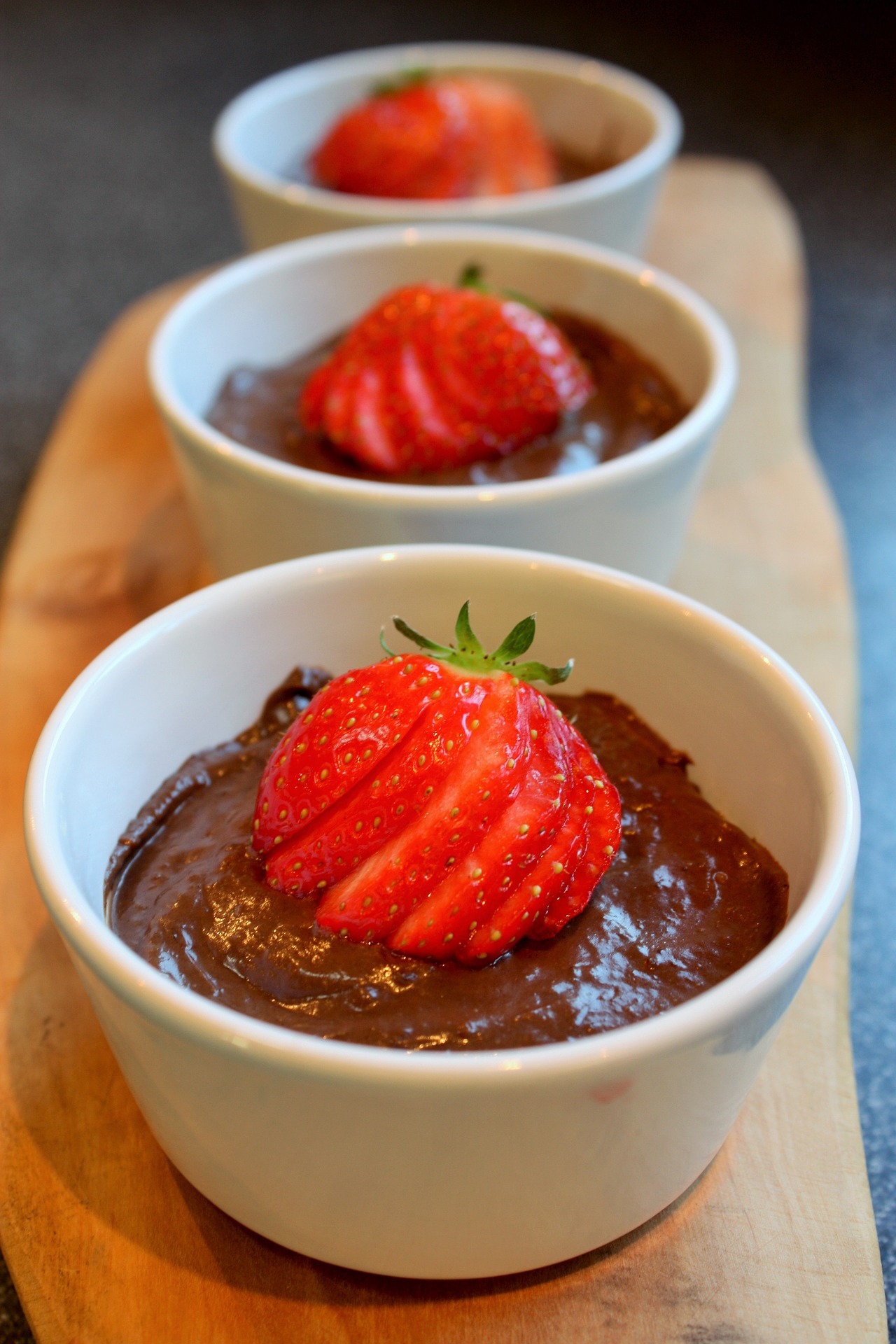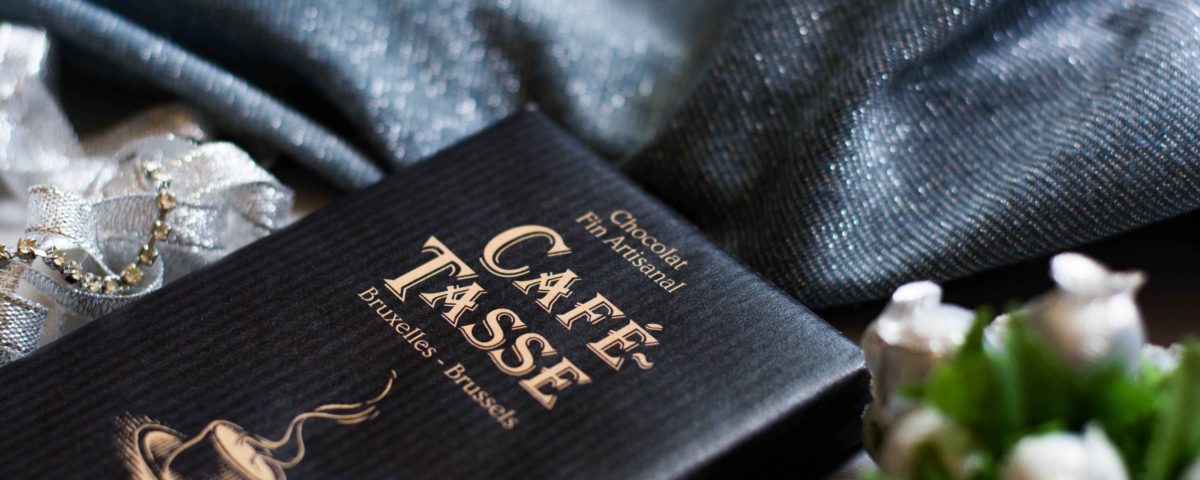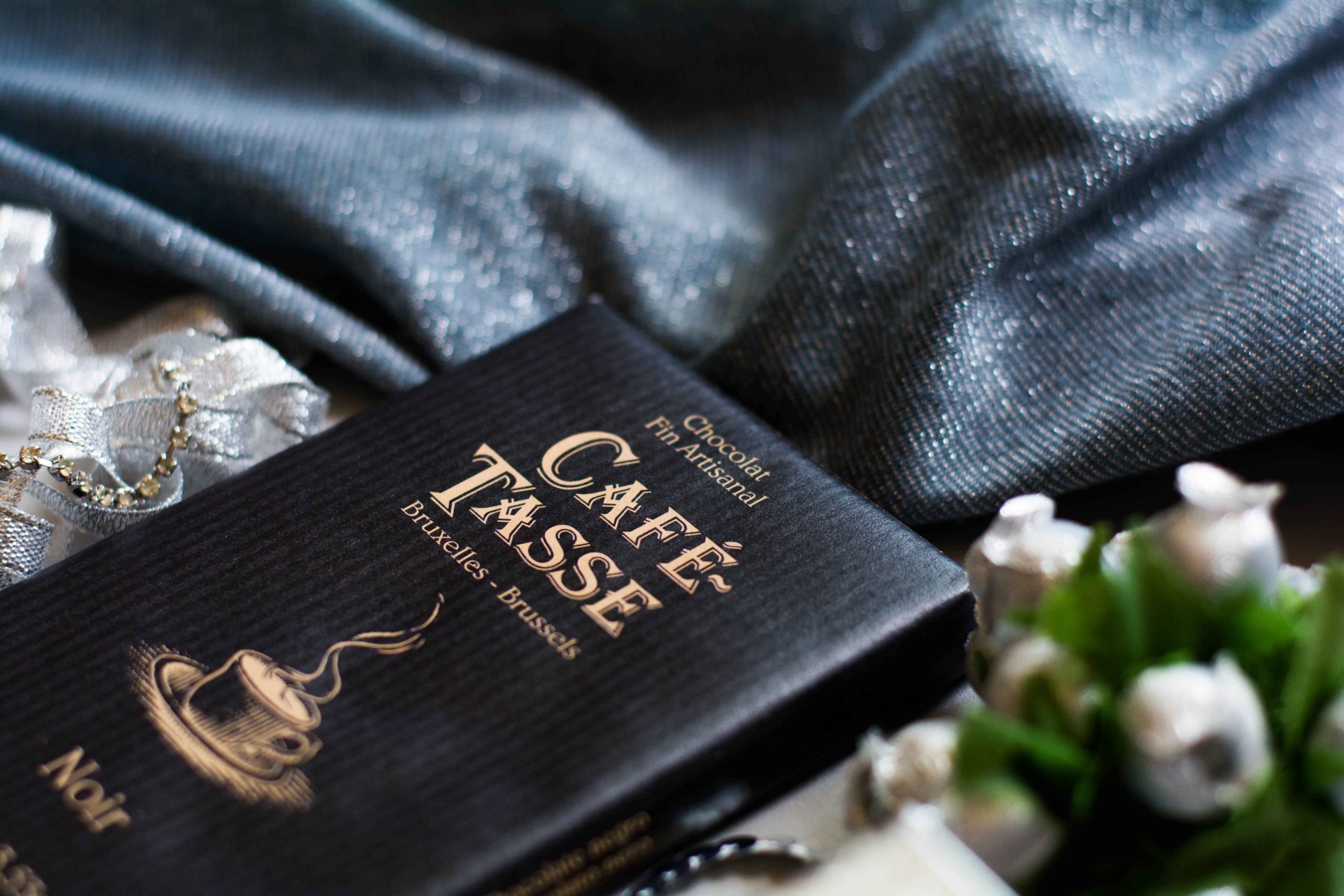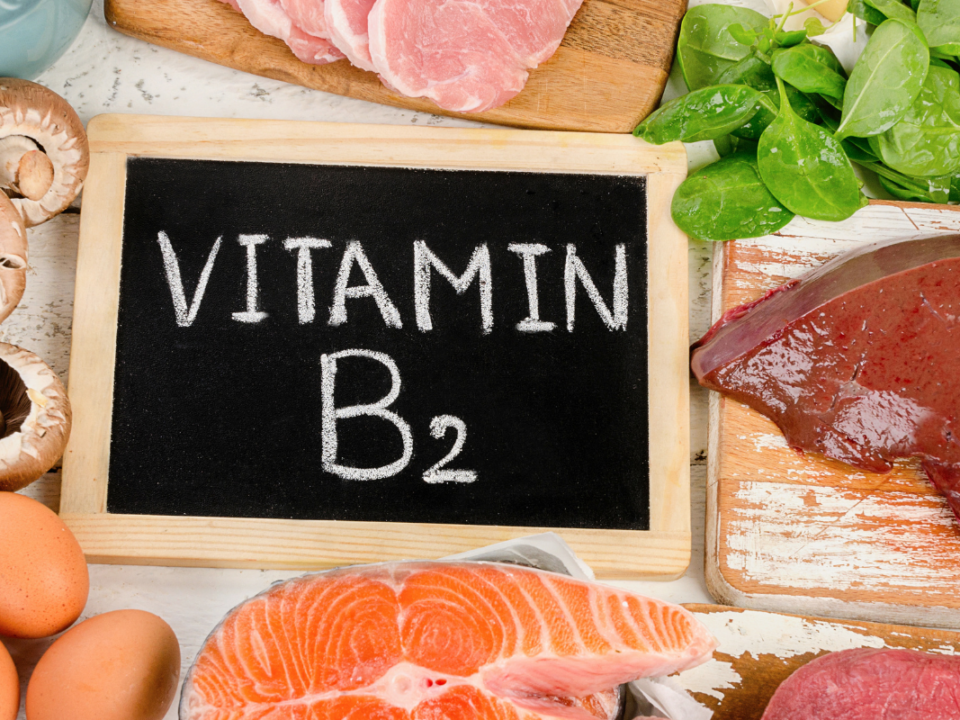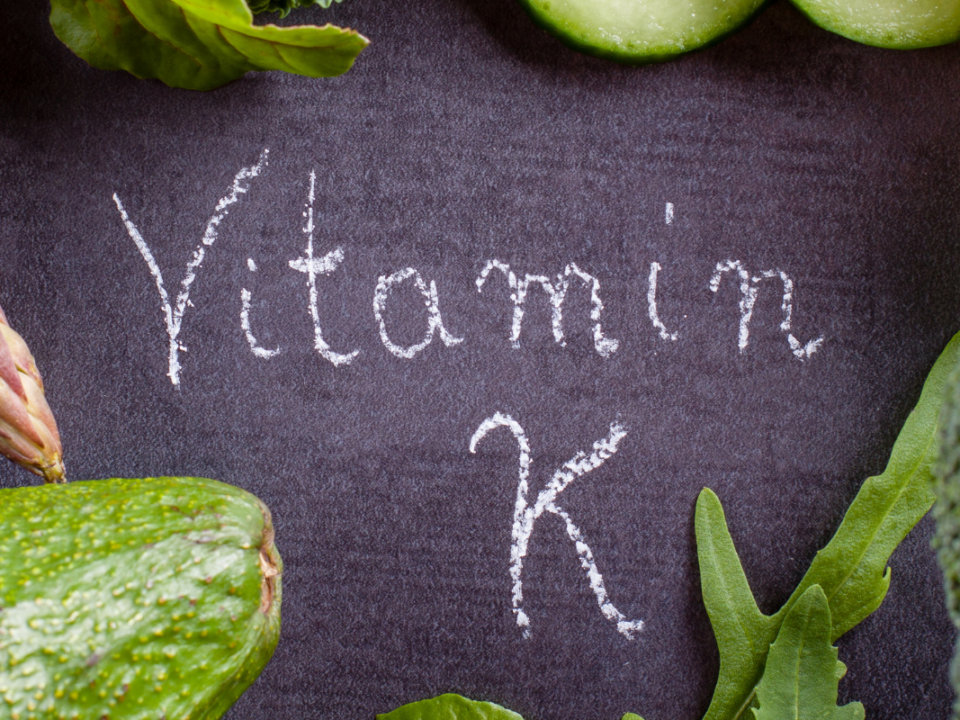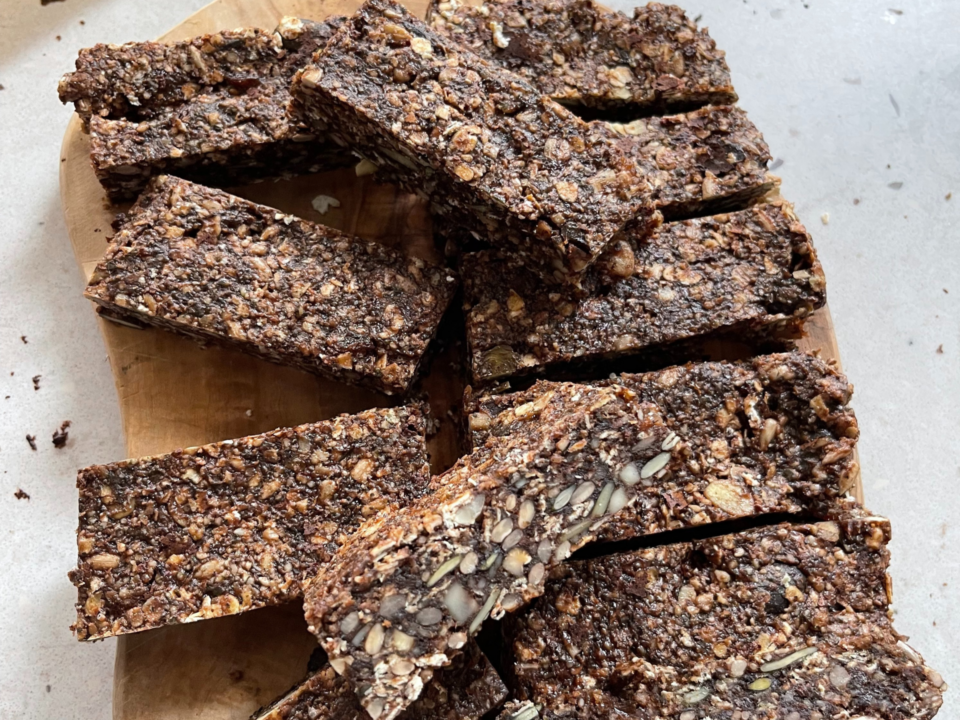A healthy obsession with the right chocolate
Introduction
Given most people’s fondness for sweet tastes, something that I am frequently asked about is sweet-tasting but healthy snacks and/or treats. Fruit, of course, is usually the first response but that is often rebuffed mainly because of the perception that fruit is not enough of a treat! You might be surprised to hear that there are some healthy treats out there that do not require slavish commitment to nonsense like the “low fat” or “light” snack option. Dark chocolate while perhaps not everybody’s first choice, is a healthy alternative and is an excellent treat or dessert if you are looking for something healthy to satisfy your sweet tooth.

Healthy chocolate, you say?
The main ingredient in dark chocolate is called cocoa, which is derived from the cocoa tree, (also known as cacao) a tree that grows in tropical climates. Cocoa is an excellent source of flavanols and procyanidins (also known as epicatechin and catechin) which are major classes of antioxidants. Research suggests that these antioxidants offer numerous health benefits to the body, including helping to protect the body’s cells from the damaging effects of inflammation and free radicals. Excessive inflammation and free radical production have been linked with a number of lifestyle-related chronic diseases.

Daily consumption of dark chocolate is linked to lowering the risk of cardiovascular disease, reducing blood pressure and decreasing LDL (“bad”) cholesterol. Dark chocolate is lower in sugar than most other treats and chocolate varieties, which is what you want in a snack or treat. Also, the fat in a bar of dark chocolate consists mainly of oleic acid and stearic acid. It is now well established that not all fats are created equal and shouldn’t all be considered unhealthy. In fact, oleic acid can actually help reduce the amount of LDL cholesterol in your blood, while stearic acid is considered a neutral fatty acid and won’t raise or lower your cholesterol level. This is good news for anyone with concerns about their cardiovascular or heart health. It is important to mention that the benefits of dark chocolate are only likely to be found from bars with a minimum of 70% cocoa content.
Having a healthy dark chocolate snack
Dark chocolate can be eaten in a variety of ways. Try a square with your next cup of tea, or consume as a snack with nuts and seeds. Grating a couple of squares and mixing with yoghurt or adding to snack bars is another possibility. Because of the rich and intense taste, dark chocolate is an excellent way to manage cravings for sweet foods and usually you don’t need much more than a couple of squares to feel satisfied. I regularly use it in my @daveynutrition treat and dessert recipes if you are looking for even more healthy snack ideas.
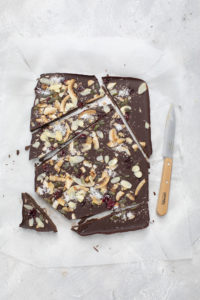
Although the benefits of dark chocolate are established, it’s not a case of more is better. Nor is it the case that dark chocolate magically turns an unhealthy food into a healthy variety – think biscuits and muffins! To get the maximum benefits of chocolate for the fewest calories, eat dark chocolate varieties that have a high percentage of cocoa and limit your intake to 2-3 large squares daily (roughly 20- 30 grams). Research has shown that as little as 6 g of dark chocolate daily is enough to offer benefits to your health. Dark chocolate is high in calories and consuming too many calories daily is likely to lead to an increase in body fat, which has negative consequences for your health.
Choosing the right type
There are a huge variety of dark chocolate options on the market. For me, the best ones have a cocoa content >80%, and have a low sugar content (less than 5 g of sugar per 40 g). Dark chocolate can be an acquired taste given the natural bitterness of cocoa. So if you initially find this taste too strong, start with a cocoa content of 70% and as you become accustomed to the flavour, gradually increase the percentage of the type you choose. Aim to eventually getup to 90 or 95 % pure cocoa if you can. Good quality dark chocolate usually costs more than €2.50 per 100 g. There are some cheap forms of dark chocolate, which are not pure forms of dark chocolate, meaning they contain added sugar and cheap industrial oils that should be minimised in the diet.

Although dark chocolate is a healthy option, due to the high calorie content, it is still something to have every now and then as a treat rather than a go-to food when hungry. When used appropriately dark chocolate fits wonderfully into a balanced diet. It doubles up as a great versatile treat/dessert and a food that supports optimum health and well-being – just know when to stop. Always remember, fridge pickers wear big knickers.

